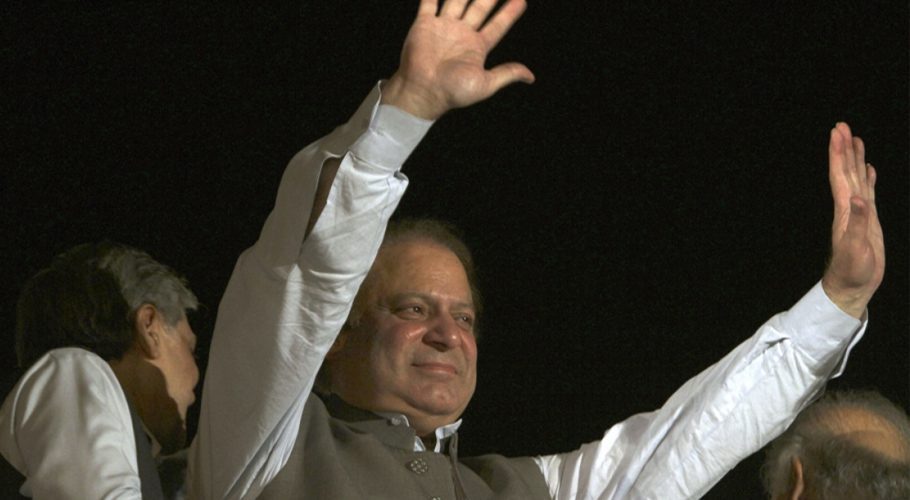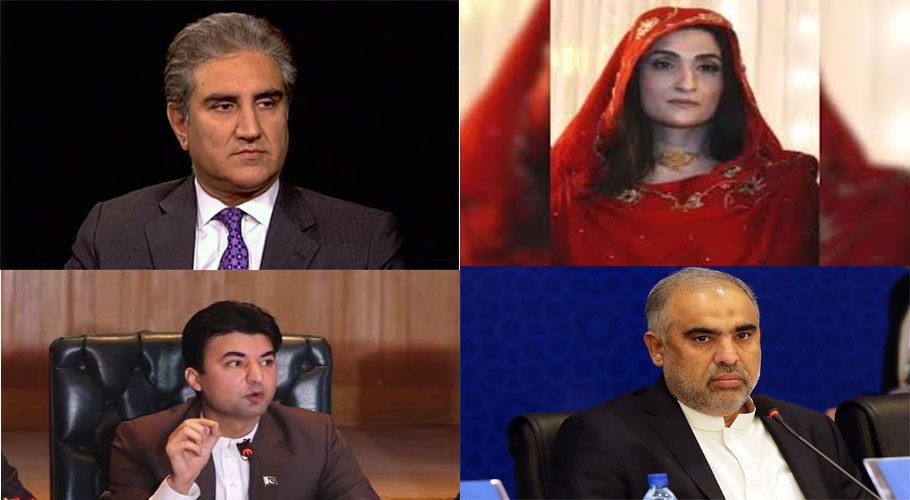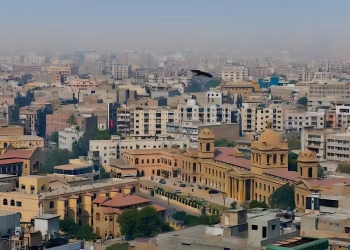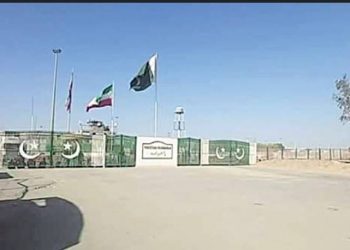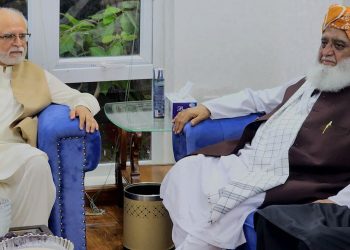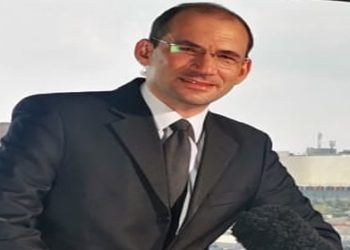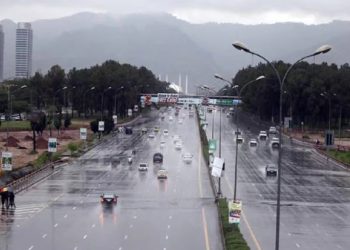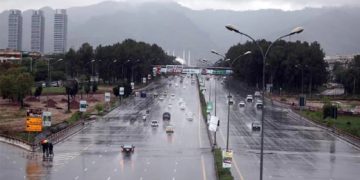In a recent interview with a private TV channel, former Prime Minister Shahid Khaqan Abbasi hinted that the Supreme Court might reconsider its previous decision regarding the lifetime disqualification of Pakistan Muslim League-Nawaz (PML-N) leader Nawaz Sharif. Abbasi suggested that the court could use its suo motu powers to rectify what he deemed as a potential mistake.
Abbasi expressed his belief that if the Supreme Court acknowledged any error in its past decision, it would enhance the court’s respect. He asserted that the court could reach a decision swiftly, possibly within a day.
Nawaz Sharif was initially disqualified from holding public office on July 28, 2017, in connection with the Panama Papers case. The decision was announced by Justice Ejaz Afzal Khan, who led the apex court’s implementation bench. The larger bench unanimously declared Sharif unfit for office, ordering an accountability court to open references against him and his family.
Later, Sharif was also removed as the head of PML-N by a three-member Supreme Court bench, citing that an individual disqualified under Articles 62 and 63 of the Constitution cannot serve as the head of a political party.
Abbasi questioned the court’s authority to ban lawmakers from heading a party or holding public office, emphasizing that such decisions should be left to the people. He urged the Supreme Court to declare its past decision as “wrong” and put an end to the matter.
The former prime minister asserted that the power to review its decisions lies solely with the Supreme Court, referring to its suo motu powers. He encouraged the court to correct what he perceived as erroneous decisions, emphasizing the need for the court to safeguard its reputation.
Abbasi highlighted that lifetime disqualification has no place in Pakistani law and urged the Supreme Court to review its stance, asserting that it would only take a minute to rectify the situation.
Discussing elections, Abbasi emphasized that polls should adhere to the constitution rather than personal preferences. He suggested that holding elections in winter could disenfranchise many people in Punjab, Balochistan, and Khyber Pakhtunkhwa. Abbasi proposed that the Supreme Court has the authority to postpone elections for a month if it deems it necessary.







